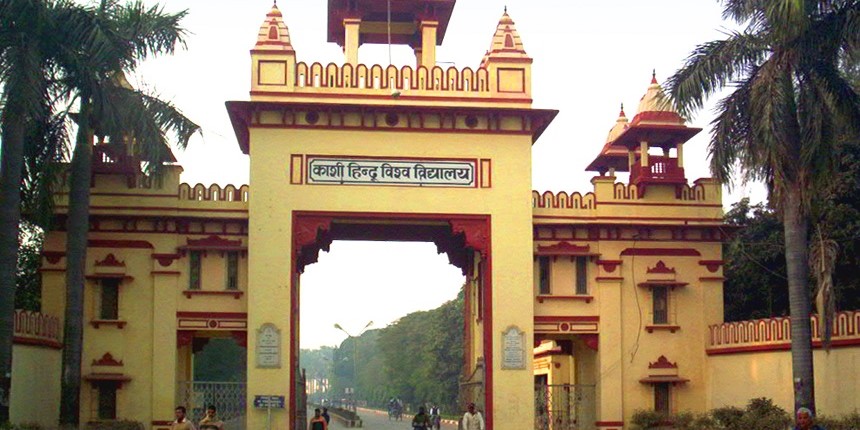BHU researchers part of international study that identifies global soil hotspots
Ishita Ranganath | October 17, 2022 | 08:08 PM IST | 2 mins read
The study including BHU researchers reveals global soil hotspots that should be taken into consideration for soil nature conservation planning.

NEW DELHI: Researchers at Banaras Hindu University (BHU) were part of an international study that, for the first time, identified global soil hotspots that require urgent conservation. The research included 39 scientists including Jay Prakash Verma from the Institute of environment and sustainable development and his research scholar Arpan Mukherjee.
The research has been published in an international journal called Nature. It found the the global hotspots that should be taken into immediate consideration for soil nature conservation planning. This is necessary to minimise impact on soil ecosystems services and its productivity in a dynamic global climate. The study surveyed over 10,000 observations of biodiversity and indicators of ecosystem services with a total of 615 soil samples taken from 151 different locations in 23 countries across the continents.
The dimensions used for assessing ecological factors were local species richness, biodiversity uniqueness and ecosystem services, like water regulation and carbon storage. It was found these factors peaked in different regions of the world. For example, temperate ecosystems showed higher local soil biodiversity while colder ecosystems were identified as hotspots of soil ecosystem services. It was also seen that tropical and arid ecosystems held unique communities of soil organisms.
Also Read | 74 BHU scientists named in world’s top 2% of scientists: Stanford University
This international study provides a scientific support for researchers and policy makers to make a call on oil biodiversity conservation for the preservation of ecosystem services such as climate regulation and protection for biodiversity loss and environmental pollution. The research urgently recommends implementation of policies that include conservation of soil biodiversity, which is critical for minimising the impact of global changes on ecosystem services, agriculture productivity and restoring degraded environment.
Banaras Hindu University’s contribution to this research was funded by the Department of Science and Technology, Government of India, Science & Engineering Research Board, New, Delhi, and Institution of Eminence initiative, BHU.
BHU, Institute of Environment and Sustainable Development, assistant professor, Jay Prakash Verma said: "For plants and animals living above the soil, hotspots of biodiversity were identified decades ago. However, no such assessment was or could be made for soil ecological values until now."
Follow us for the latest education news on colleges and universities, admission, courses, exams, research, education policies, study abroad and more..
To get in touch, write to us at news@careers360.com.